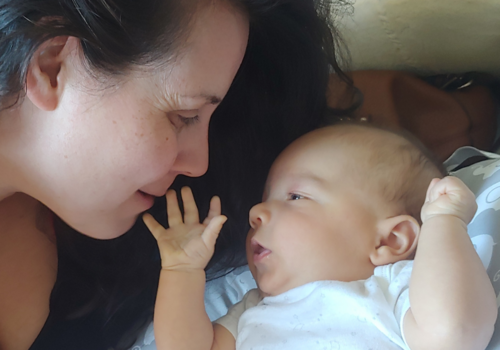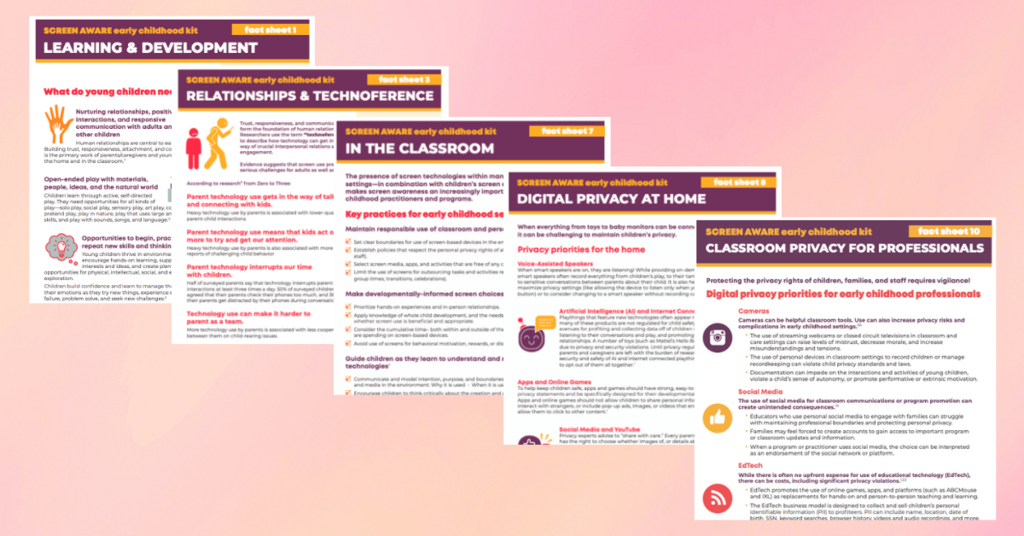
For little ones, nothing can match their parents’ human touch. So says an unprecedented 37-nation alliance of clinicians, researchers, educators, and advocates.
The group cites a cascade of new research supporting an age-old notion: parents and caregivers provide the back-and-forth responsive attention and play that children need in their first years of life—and screen time can’t compare.
Babyhood: A Once in a Lifetime Opportunity
Babyhood is the only time in life the human brain is growing so quickly.
“The first years of life are a critical time for brain development, when the baby’s back and forth social experiences with loved ones build the brain connections for processing language and social information,” says Karen Heffler, M.D., a developmental researcher from Drexel University School of Medicine in the U.S.
“Screen time disrupts and displaces these essential experiences,” she underscores.
Heffler is also part of the Global Alliance for Inspiring Non-tech Infant Nurturing and Growth, or GAINING.
To inform governments, healthcare providers and parents worldwide about new research on the developmental needs of children from birth to age 3, GAINING is distributing “awareness alerts” worldwide.
A “News to Know” alert for parents explains “how the brain develops in the first years sets the foundation for your child’s overall health and well-being” and that screen time can interfere.
Parents Stretched Thin
Though parents have the best of intentions, giving their all can be tough when attention-grabbing screens are everywhere and stress is a daily reality.
“To support parents and acknowledge how difficult life can be, we strived to be understanding in what we wrote,” María de los Angeles Paúl, pediatrician from Chile and GAINING member told the journal Perspectives in Infant Mental Health.
Tech has Unfair Advantage
GAINING also cites research that the “educational” label on apps and shows made for the youngest children can be misleading.
Continue reading






